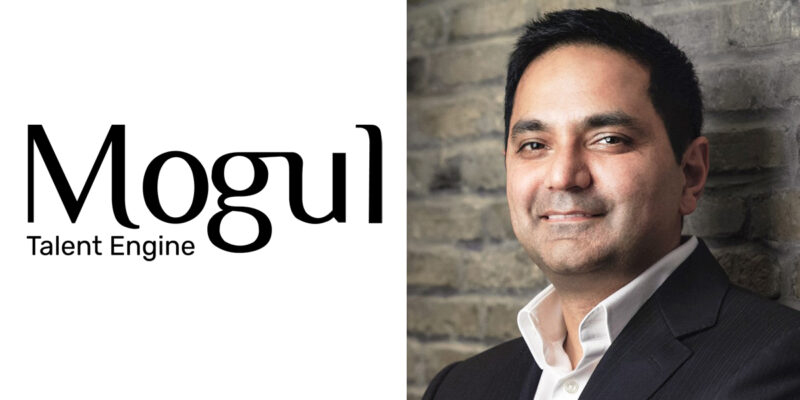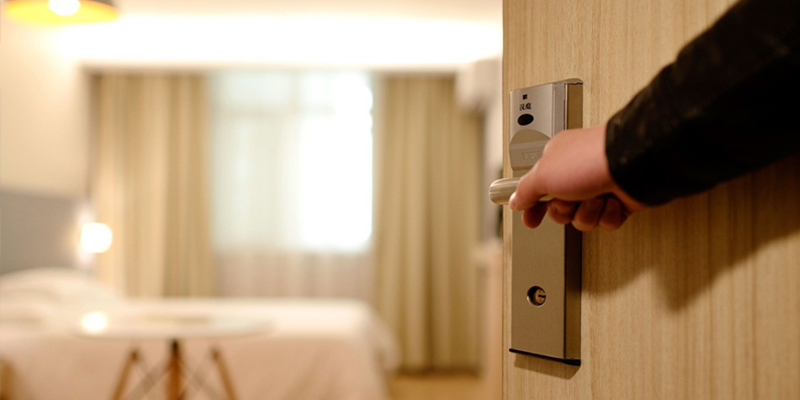The hospitality industry is facing a talent crisis putting at risk the growth of one of hospitality, the world’s biggest industries that represents over 300 million employees or 10% of Global GDP.
In this final part of the series on the talent crisis in hospitality, we will take a closer look at how the proposed change initiative can address the root causes of the talent disruption.
It’s all about the efficiency of the service and the consistency of service, because the robots are not disturbed by human moods. Sometimes, we say we are not in the mood, but the system and the robot will always be in the mood.
-Andy Wang, CEO of Alibaba Future Hotel Management
5. Humanizing Travel With Automation (Bring It On!)
Airbnb, home sharing, work/live buildings, hostels and micro-hotels are grabbing the headlines as disruptors. However, they are not disruptors at all. Vacation Rentals By Owner (VRBO) was launched in 1995. In Asia, the Middle East and Europe, apartment hotels have long been an alternative to hotel chains. In fact, most of these “alternative accommodations” are what Harvard Business School Professor Clayton Christensen calls incremental, or sustaining innovations that are launched in response to customer demands and do not alter an industry structure. It’s not surprising that many of these sustaining innovations are already being co-opted by chains such as Accor, Marriott and others.
Something more fundamental is happening that is potentially transformational – a different kind of disruption that is global and far-reaching. Automation is coming to the hospitality industry and its test labs are in kitchens, food delivery and hotel operations.
Alibaba has successfully piloted hotel robots in Hangzhou, China and is expanding the “Flyzoo” platform with new automated properties. Alibaba is seeking to license the technology, not to create a revolutionary brand like the Tesla of hotels. It appears that the platform could also be integrated into the new Chinese “social credit system,” enabling hotels to know whether they are receiving a well-mannered customer who will play the rules or not.
That such an innovation would come from Hangzhou is not surprising to anyone who has managed a hospitality business in China. Training and supervision remain big challenges in Chinese hospitality, which is regarded as one of the least desirable industries from a career standpoint. In 2017, a third-party testing organization Lanmei Test released a report claiming that a number of five-star hotels in Beijing, including the W, the Intercontinental, the Hilton, the JW Marriott, and the Shangri-La, were not changing bed linens completely or cleaning toilet seats and bathtubs after clients had checked out. Studies and government health inspections continue to prove that in addition to low wages, hotel staff in China are often incentivized to do “slapdash work.”
Hotels win only when they deliver a truly elevated human experience.
Across the Yellow sea, the experiment with hotel robots has been less positive. After an expensive experiment, More than one Japanese hotel operator fired robot service assistants due to customer complaints and malfunctions.
But assuming Alexa in your room, a social credit system and the robot weaponized housekeeping crew are inevitable in China, could significant or even complete automation be the answer to the hospitality talent crisis in the U.S.?
Some automation is inevitable, especially in the U.S. market, where full–service hotel labor costs average 45% of the income statement versus only 29% in 1980. But domestic travel accounts for over 85% of trip dollars spent in the U.S. So how would the U.S. customer respond to automated full–service hotels? Recently, Deloitte Digital released a white paper called Human Experience (HX) in Hospitality that measured human values of nearly 50 hotel and home share brands across all segments. Deloitte looked at how hospitality companies harness the power of human experience to increase guest loyalty and drive revenue. They found that hotels win only when they deliver a truly elevated human experience. Consider these findings:
Check out this beautiful visualization of the whole AI Hotel experience, curated by Alexander Mirza, founder and CEO of Mogul Hotels, and two other CTOs.
There is a window of opportunity for industry leaders to invest in people, reinvent operating models and modernize the people side of the hospitality industry.
It’s easy to argue that like other highly unionized industries that suffer from labor cost increases that outpace revenues, automation is the answer. But hotels are not a factory. The Deloitte research confirms that if Airbnb and the growth of boutique hotels have proven anything, it’s that travelers around the globe want humanized, local experiences.
Still, automation presents an opportunity for hotels to redesign the customer service journey to correct the gaps in their brand standards. It could enable employees to focus on delivering a more human experience. In the coming years, with the wave of new hotel openings, there is a window of opportunity for industry leaders to invest in people, reinvent operating models and modernize the people side of the hospitality industry. As in the airline industry where Southwest inspired the discount airline revolution, the winners will not be the design or chef-led lifestyle brands. The winners will be the truly people-driven (not technology or real estate driven) brands that succeed in recruiting and retaining a healthy pipeline of talent who are ambassadors, entrepreneurs and contributors to their local communities.
More about the root causes of the hotel industry’s talent disruption,” demystified by Alexander Mirza. It’s time for stakeholders to step up with innovative solutions that prioritize worker well-being, address income inequality, and elongate the travel boom.



